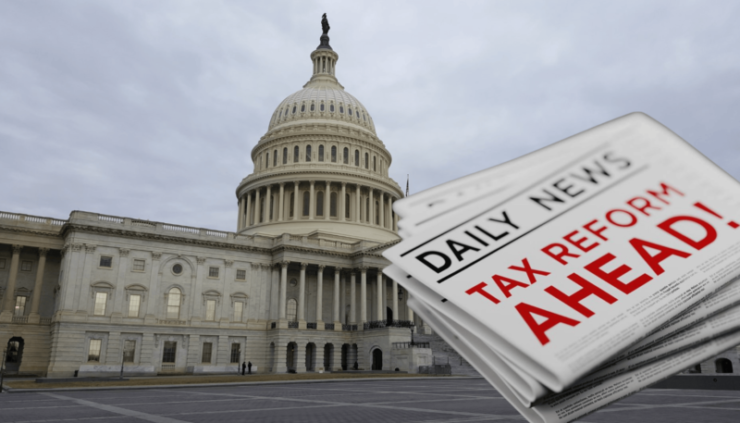The U.S. House of Representatives voted 292-132 on Tuesday to overturn an IRS rule that would have forced decentralized finance (DeFi) platforms to collect and report taxpayer information. The vote, which saw 76 Democrats join Republicans in opposition, marks a significant bipartisan pushback against crypto regulations finalised during the Biden administration’s final months.
Lawmakers opposing the rule argued that it imposed impossible compliance requirements on DeFi protocols, which operate without centralized control. House Ways and Means Committee Chairman Jason Smith (R-MO) criticized the rule as both “unfair” and “unworkable”, emphasizing that DeFi platforms do not have access to the user data necessary to implement such a regulation.
In a floor speech, Smith pointed out that the software powering DeFi exchanges never directly controls digital assets, making imposing the same reporting expectations as traditional financial institutions impractical.
The decision to rescind the IRS rule reflects a growing recognition among policymakers that DeFi operates under a fundamentally different structure from centralized exchanges. It also signals a broader shift toward regulatory frameworks that consider the technical realities of decentralized technologies, rather than attempting to enforce traditional financial oversight on blockchain-based systems.

Bipartisan Support for Overturning the Rule
The resolution to repeal the IRS rule garnered bipartisan support, with lawmakers expressing concerns about potential negative impacts on innovation and the broader U.S. digital asset industry. Missouri Republican Jason Smith highlighted that the rule could harm U.S. businesses and disincentivize innovation, noting that:
“DeFi platforms cannot exchange currencies, hold assets in escrow, or maintain third-party records of financial transactions like their counterparts.The repeal of this misguided rule would remove a barrier preventing American consumers from participating in crypto and help cement America’s digital asset leadership.“
Opponents of the repeal, however, emphasized the importance of tax compliance and the challenges posed by the rapidly evolving crypto landscape. Illinois Democrat Danny Davis compared the situation to traditional stock transactions, where brokers report sales to clients and the IRS, promoting transparency and compliance.
Next Steps and Presidential Approval
Before the House vote, the Senate passed the resolution with a 70-27 vote, indicating strong bipartisan consensus. However, due to procedural requirements, the Senate must vote on the resolution once more before it can be presented to President Donald Trump. The President’s senior advisers have recommended signing the resolution, suggesting executive support for the legislative action.
The move to overturn the IRS rule is a victory for the DeFi sector, which has advocated for regulatory frameworks considering their operations’ decentralised nature. By acknowledging the unique challenges in enforcing traditional reporting requirements on DeFi platforms, lawmakers are paving the way for more tailored and effective regulatory approaches.
Quick Facts:
- The U.S. House of Representatives voted 292-132 to overturn the IRS rule classifying DeFi platforms as brokers.
- The Senate previously passed the resolution with a 70-27 vote and must vote again due to procedural rules.
- President Trump’s advisers have recommended signing the resolution to repeal the IRS rule.
- Repealing the rule addresses concerns about imposing impractical reporting requirements on decentralized platforms.





